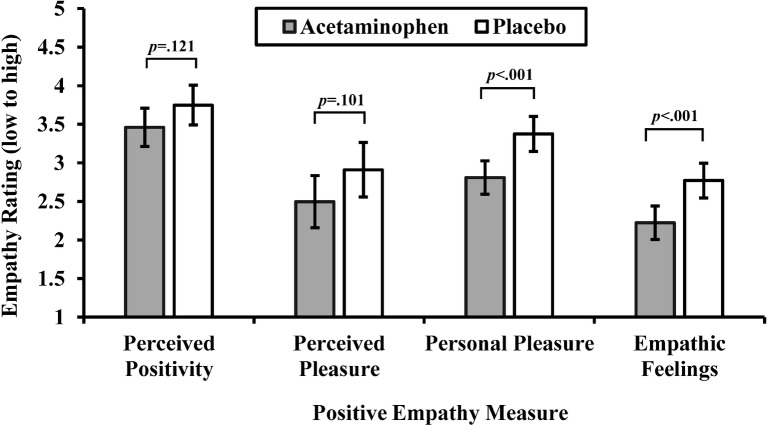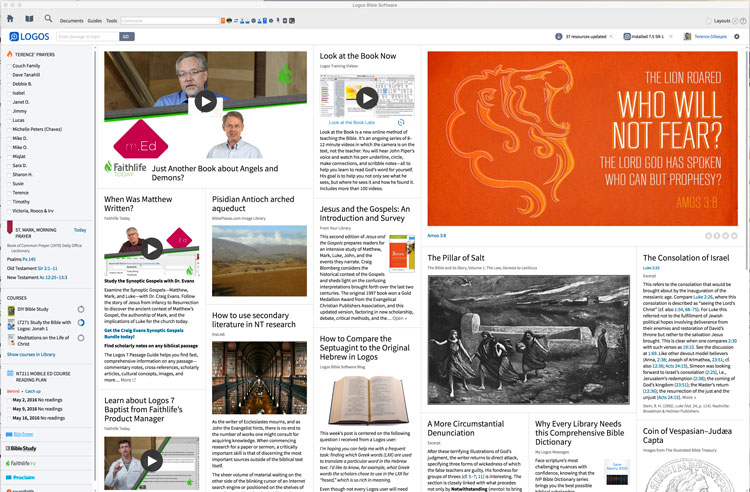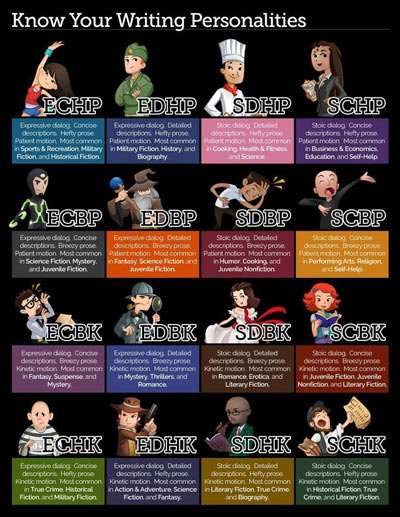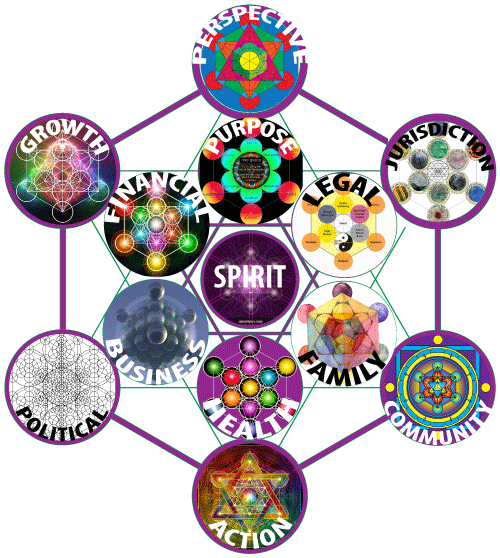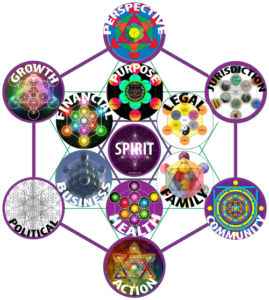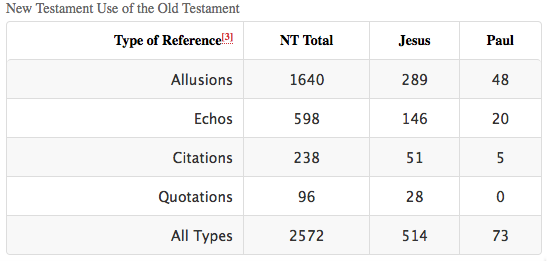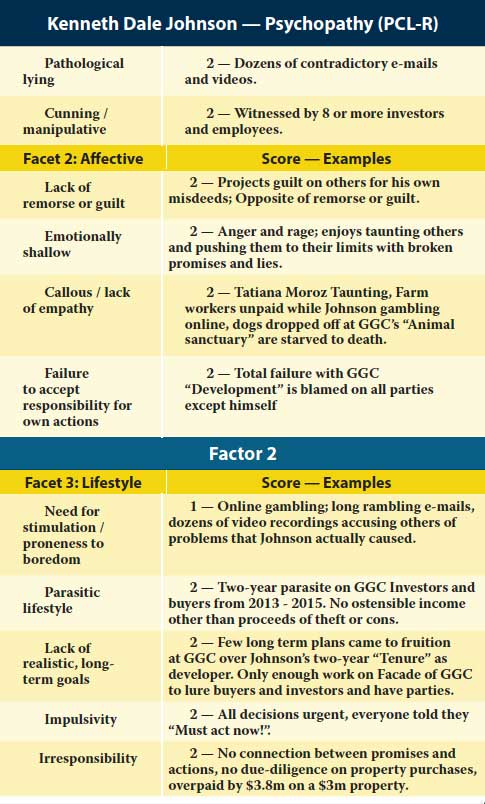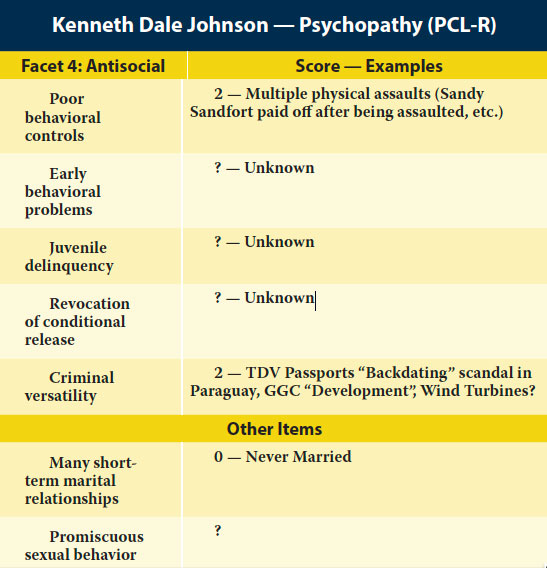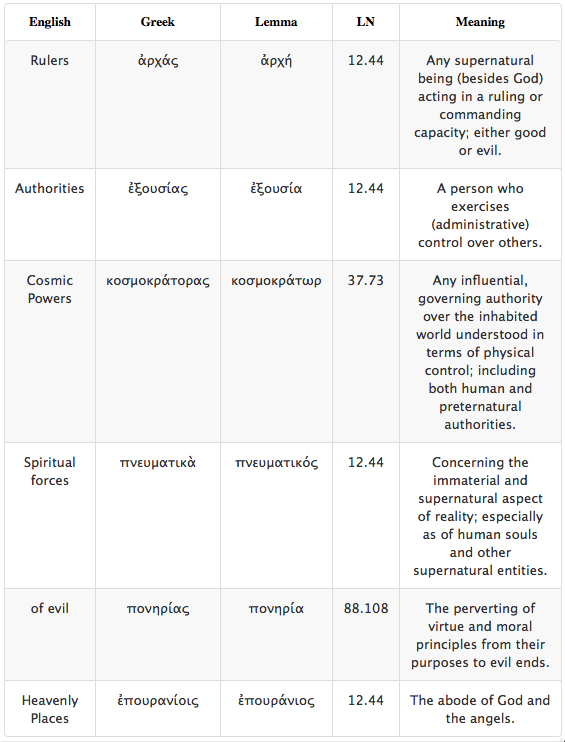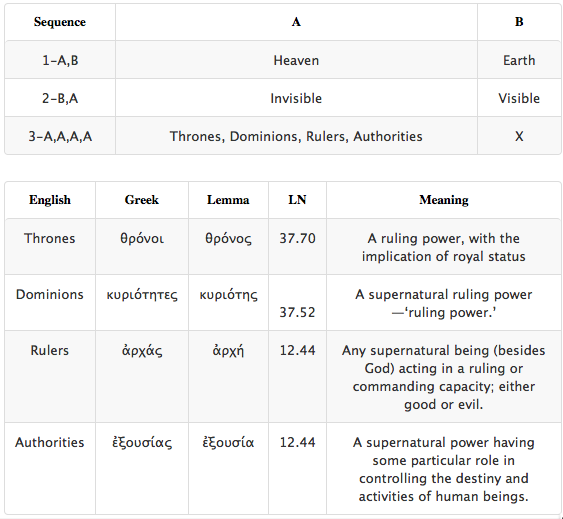The expectation that your job & spiritual calling must be identical is false. Fortunately, the mysteries of the relationship between the two are revealed with delightful clarity through a careful reading of the Bible. Even non-Christians can gain insights into their own work and aspirations by considering what the Bible has to say about them.
After clarifying the biblical meanings of words like talents, spiritual gifts, natural abilities, job, and spiritual calling, this article will describe 7 ways to integrate your job and spiritual calling.
Total Integration in Perspective
Large overlaps between job and spiritual calling have been more the exception, than the rule, throughout church history. Typically, those who’ve found their calling (At last!) are already making a living with natural abilities. Current jobs then become a platform from which to direct that calling.
However improbable, total integration is a possibility. Apart from traditional clergy and dedicated pastors and worship leaders, the luxuries of a sophisticated division of labor and access to investment capital have made the total integration of job and spiritual calling more possible than ever. However, utmost care must be taken so that believer’s expectations are set with respect to all the factors involved. Where your job and spiritual calling fit on the continuum between “Total Integration” and “No overlap” is a reflection of divine design.
Talents vs. Spiritual Gifts
Talents are the natural abilities you have prior to conversion.
“Talents have to do with techniques and methods; gifts have to do with spiritual abilities. Talents depend on natural power, gifts on spiritual endowment.1
A spiritual gift is …
… a God-given special ability, given to every believer at conversion by the Holy Spirit, to share his love and strengthen the body of Christ.2
Believers Have Both
A believer has both the natural talents they were born with and the spiritual gifts received at conversion. Both are at their disposal in everything they do. The spiritual gifts, however, are a special empowerment for the fulfillment of your calling.
Job vs. Spiritual Calling
A job is whatever you do to make a living. Prior to conversion, you have only your natural talents to perform this work. A job may provide the platform from which to direct your calling. However, it does not define your calling nor is it the same as your calling.3
A spiritual calling is a …
… commissioning from God to make a significant difference on this earth. It’s the banner of your life that you carry and wave for God’s glory.3
Spiritual gifts empower the fulfillment of this calling. What God has called you to do, he has empowered you to do.
7 Ways to Integrate Your Job & Spiritual Calling
The relationship between your job and spiritual calling will fall on a continuum between “no overlap” and “identical”.
Working out this relationship can only begin when you …
1 — Answer the Call, Obedience Precedes Results
The first way to integrate your job and spiritual calling is to answer the call. Obedience precedes, and is more important than, results (which are for God to judge). Feelings about not being ready are irrelevant. If you’ve been called, you’re ready to start.
The way to answer the call is probably the same way you found your calling in the first place:
Move forward with confirmation and stay with your holy passion.4
Let external circumstances sharpen, but never stop, the answer to your calling. A sobering view on one consequence of this obedience comes from John Bevere in “Driven by Eternity”:
One believer’s effectiveness may be limited by another’s obedience.
We’re all parts of the body. When one part is not working, the whole body is affected.
Deployable vs. Employable
All gifts and callings are deployable. Not all are employable. Deploy anyway. Even the Apostle Paul continued his trade of tent-making while pursuing his calling of preaching the Gospel.5
Deployment, with no expectation of remuneration or employment, is the best way to discover what the relationship between your job and calling is meant to be.
2 — Connect with an Existing Ministry of Your Church
If your calling fits naturally into an existing ministry of your church then BINGO! Figure out where best to plug in and you’re off to the races!
- Do you have a list of all the ministries of your church?
- Does your calling fit naturally into one of them?
- Are you the missing piece to helping that ministry to continue, grow or thrive?
- Are they stuck, or not exploring the possibilities, in the area of your spiritual gifts because someone just like you hasn’t shown up, yet?
- Could your calling be part of a ministry your church has been wanting to move forward on but nobody like you has showed up?
The only way to get these answers is to ask. Depending on the size of your church you might have to ask leaders at multiple levels. Even the lead pastor may not be the person with the answer. Keep asking until you know for sure.
Your church is the ideal platform from which to answer your spiritual calling. So ideal, in fact, that it’s best not to move on to other ways until you’ve thoroughly explored this option.
3— Partnering
… when I left Macedonia, no church entered into partnership with me in giving and receiving, except you only. Even in Thessalonica you sent me help for my needs once and again. Not that I seek the gift, but I seek the fruit that increases to your credit.
— Philippians 4:14–17 (ESV)
The Philippians partnered with Paul sending help for his needs. In return, Paul “seeks the fruit that increases to their credit”.
Working with another church is the next best thing to working from within your church. The relationship between the churches will be naturally strengthened through your work. It may even inspire your church to join in. That shouldn’t be your motivation, of course; just a possible outcome to keep in mind.
4 — Donations
Many callings, and the goals of some large charities and non-profits, are fueled largely (or solely) through donations. This could be as simple as putting a donate button on a website or just saying, “Yes”, when asked if you could use some funding.
Don’t be afraid to ask. Be a squeaky wheel for a divine purpose!
5 — Attract (And ask for) Sponsorships
Think of getting sponsorships as making sales for God. You must become lucid on your goals and mission. You’ll also need to list the benefits of success to your sponsor.
- What is the specific mission you’re asking to be sponsored?
- Who are you going to help?
- How are you going to help them?
- What will helping them look like? What impact will it have on them and the community where you live?
- What will be the benefits to the sponsor if you succeed in your mission?
- Is anyone else partnering with you, already? Who else are you working with?
Don’t underestimate the value of your sponsor’s logo on the T-shirts or hats of people performing excellent work in the local community. Seen from your sponsors point of view, your work may be the best representation of their core values apart from the product or service they provide.
6 — Start a Non-Profit
I’ve been watching this process unfold with Dr. Michael Heiser. After many years, and with great reluctance, Mike’s enlisted help from readers to form a non-profit named after a retreat as named in one of his books. It’s called Miqlat. They’re already doing great work that wouldn’t be as effective, or possible, if performed through a different entity.
Even with all the material and talents available to Mike starting your own non-profit is a daunting prospect. As you’d see from following Miqlat’s’ journey, nobody has all the skills necessary to accomplish all the many tasks and projects required to get one of these off the ground. If this option is for you, let providence enable it to unfold as it should.
7 — Identical or Bust!
The total integration of your job & spiritual calling is the exception, rather than the rule. Still, I can’t leave this option out because it is possible. It’s the defining relationship for traditional clergy, some pastors, some worship and ministry leaders, and many who are called as missionaries.
Now that you understand the difference between jobs and spiritual callings you know that one of them may suffer terribly if the roles are forced, in any way. You are seeking to discover the divine design of the relationship rather than imposing it.
Non-Clergy Example
A better example for those reading this article, however, is probably the example of Dr. Michael Heiser described in the previous way. He has kept his income going through teaching, being a “scholar in residence” at Logos Software (FaithLife Corp.) and is now, slowly, trying to get donations to his new Miqlat non-profit to cover his expenses. This may, at last, free him up to work solely on creating the content that he’s been called to create.
Another example are the many individual employees of FaithLife Corp. I’m sure many of their jobs and spiritual callings are exactly in line with each other.
That’s not to say that one must be as prepared as Mike, or a happy employee of FaithLife, to achieve total integration of job and spiritual calling. In fact, such integration may not be possible or meant to happen, at all. And, if it doesn’t, it’s by no means an indication of failure. It’s more likely an indication of divine design.
This total integration option is best taken to prayer and balanced with the providence of where you live, what your talents and gifts are, and the particulars of your calling.
If You Insist …
The reason for this stubborn belief is the sophisticated division of labor and availability of capital often present in developed countries. For those who absolutely insist that their job and spiritual calling can be identical you’ll need to take on the burdens of understanding all the factors involved. You’ll also need to read up, or take some courses, on entrepreneurship.
More is Expected and Required
Though beyond the scope of this article here’s some great advice from Gary North on taking a run at the possibility of total integration between your job and spiritual calling.
Gary starts with an expanded definition of calling. He defines it as whatever your answer is to this question …
What is the most important thing you can do in which you would be most difficult to replace?
With your answer to that question firmly in mind, Gary recommends asking yourself these followup questions with respect to the marketplace in which you’ll be working:
- Where do you have a clear-cut advantage over your competitors?
- Is this advantage visible to others?
- Can you leverage this outside your present job?
- Can this leverage extend beyond your retirement?
- Can this leverage extend beyond your death?
- What are the technical tools of your leverage?
- Are you skilled in the use of these tools?
- Are your competitors equally skilled?
As you can see by the questions, you’re now faced with, not only the work of your calling, but interfacing directly with all the forces of the marketplace. Unless entrepreneurship is part of your calling these requirements will degrade your effectiveness.
In good faith, I can only recommend this option for believer’s whose gifts are designed for it. Frankly, any option that would completely stop you subverts Way #1: “Answer the Call, Obedience Precedes Results”.
Conclusion
Large overlaps between your job and spiritual calling are the exception, not the rule. The expectation that they must be identical (Or forced to be identical) is a myth. If that prevents you from answering your calling then myth has spawned tragedy.
In partial summary:
- Let nothing discourage you (Including this article)!
- What you’ve been called to do, you’ve been empowered to do.
- Obedience is more important than results.
- Every calling is deployable. Not every calling is employable.
- The relationship between a deployable and employable is not completely in your control.
- Even the Apostle Paul continued his trade of tent-making while engaged in his calling of preaching the Gospel.5
- Your calling will almost certainly involve the participation of others in order to be brought to fruition.
- Your calling will present different challenges depending on the economic realities of where you live.
- The relationship between deployable and employable will be greatly affected by the location in which you pursue your calling.
Like a brilliant diamond, your calling will need the 5 C’s applied to be made into the masterpiece it was intended to be. It will need to be expertly cut, clarified, colored, carat weighted, and confidence added.
What you’ve been called to do, you’ve been empowered to do!
Check Out My Online Course, “Your Life, On Purpose”
In my upcoming course, “Your Life, on Purpose” I explore and remove the biggest obstacles to discovering and living on purpose. The most prevalent worldviews are compared, word puzzles resolved, and terms further clarified and integrated into a coherent understanding. Upon completing the course terms like purpose, career, meaning, vocation, avocation, success, mission, goal, values, worldview, destiny, gifts, spiritual gifts, spiritual calling, etc. will inform, rather than confuse.
For a free sample module of “Your Life, On Purpose“, and to stay updated on the release of the full course, please sign up for e-mail updates, below. As an added bonus you’ll receive the password for McGillespie’s Free-Resource Library.
- Leslie B. Flynn, 19 Gifts of the Spirit. Colorado Springs: Cook Communications, 1974, 1994, 17 – 18. ↩
- Rees, Erik; Rees, Erik. S.H.A.P.E.: Finding and Fulfilling Your Unique Purpose for Life (p. 34). Zondervan. Kindle Edition. ↩
- Rees, Erik; Rees, Erik. S.H.A.P.E.: Finding and Fulfilling Your Unique Purpose for Life (p. 22). Zondervan. Kindle Edition. ↩
- Dave Patterson, Sermon #3 of “The Big 4” at The Father’s House, January 29, 2017 ↩
- “…and because he was of the same trade he stayed with them and worked, for they were tentmakers by trade. 4 And he reasoned in the synagogue every Sabbath, and tried to persuade Jews and Greeks. Acts 18:3 (ESV). ↩



